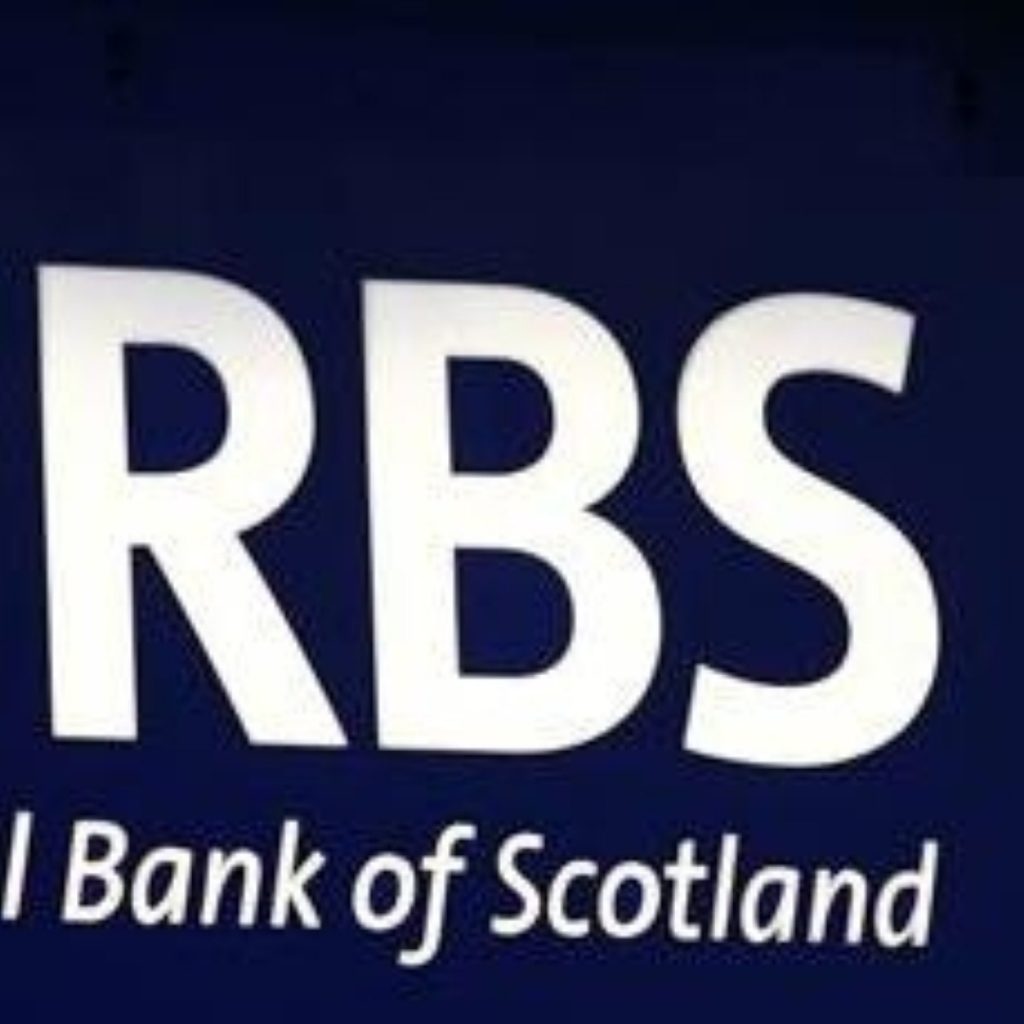RBS posts biggest loss in UK corporate history
By politics.co.uk staff
Royal Bank of Scotland today reported a £24.1 billion loss – the greatest in UK corporate history.
The bank, almost 70 per cent owned by the taxpayer, unveiled losses of £7.9 billion and writedowns of £16.2 billion, including those on badly-performing assets that formed part of the ill-advised ABN Amro takeover.
The £24.1 billion loss for 2008 compares with a £7.3 billion profit in 2007.


RBS chairman Philip Hampton said: “The last 12 months or so have been painful for our shareholders and employees and sometimes testing for our customers.
“We owe our continued independence to the UK government and taxpayers and are very thankful for their support.”
However, he stated “Most of our businesses were profitable in 2008,” but admitted the “disappointing financial results” reflected the banks exposure to the turmoil in the financial markets and the deteriorating economy.
RBS also announced it planned to put £325 billion worth of toxic assets into the government’s Asset Protection Scheme.
The Treasury has announced RBS will pay a participation fee of £6.5 billion to the Treasury paid in preference shares.
As a part of the deal, the first £19.5 billion of losses will be faced by RBS.
Also the bank has agreed to increase mortgage lending by £9 billion and business lending by £16 billion.
The Treasury will also pump a further £19 billion into RBS – agreeing a capital injection of £13 billion and committing to subscribe for an additional £6 billion of RBS’s options.
Lloyds Banking Group is expected to sign up to the Asset Protection Scheme tomorrow, and Barclays is also touted to be set to take part.
Stephen Hester, the RBS chief executive, is set to cut costs at the group by £2.5 billion over the next two years, which could lead to significant job losses as the company restructures.
A ‘non-core’ division of RBS will be created and managed separately with £240 billion of third party assets, £145 billion of derivative balances and £155 billion of risk-weighted assets, that the firm will aim to run off or sell off in the next three to five years.
RBS activities in 36 countries will be sold off or reduced.
“We are charting a path to standalone strength and with it the goal of justifying the support of the UK government and all our shareholders,” Mr Hester said.
“We are, of course, in a privileged position to be able to restructure the group with support from the UK government. With that privilege come responsibilities that we mean to fulfil. We have many difficult decisions ahead of us and continued and major uncertainties in our markets.
“How we do business will be as important as the business we do as we navigate our way through these challenges. Everyone at RBS is now focused on the drive toward recovery.”
Mr Hester was also pessimistic about the short-term performance of the company.
“To make any forecast is hazardous, beyond the expectation that 2009 will be a very tough year for the world economy,” he said.
The RBS share price at 9:14 was up 30 per cent to 30.20p.

